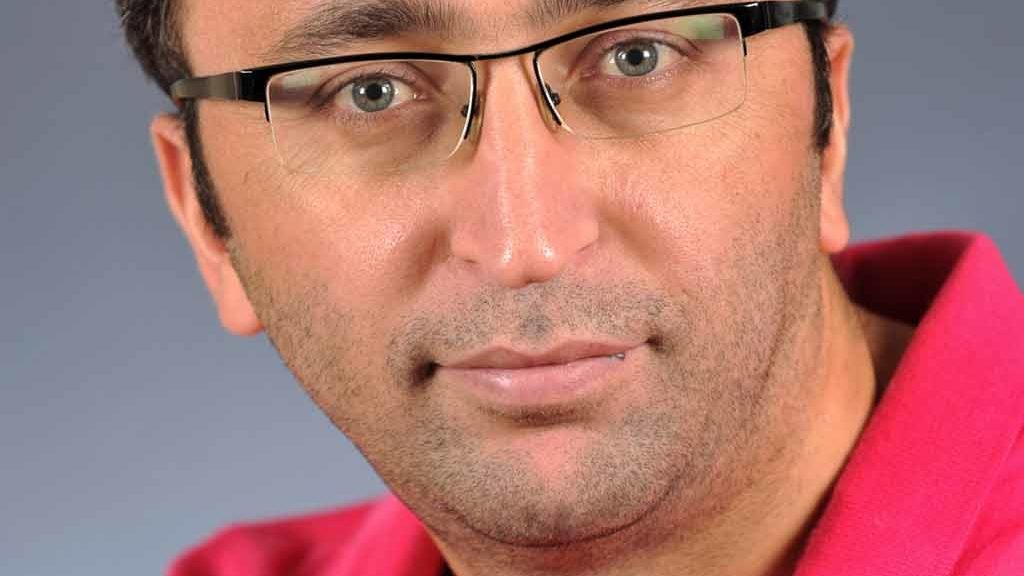Georgetown Expert Hosts Presentation on Turkey and Arab Spring

Georgetown University’s School of Foreign Service in Qatar (SFS-Q) recently held a lunch talk delivered by Professor Birol Baskan, SFS-Q Professor in International Politics (IPOL).
As a part of the IPOL faculty speaker seminar series, Professor Baskan spoke at the session entitled, “Turkey Confused – A look at the Arab Spring and Turkey’s Relations with Iran, Syria and the Arab World”. The talk focused on Turkey’s position, and contradictions, amidst the Arab spring.
Professor Baskan started his talk by describing the Turkish Islamist narrative on Ottoman/Republican Turkish modernization in the last 200 years, claiming that it is essential to take this narrative into account to better understand Turkish foreign policy under the ruling party, the Justice and Development Party (JDP). Baskan warned that the the JDP was not an Islamist party par excellence, but the JDP’s reading and analysis of the Middle East History was very much conditioned by the Turkish Islamist narrative.
Professor Baskan described the Turkish Islamic discourse as essentially portraying the Ottoman State as an Islamic state and the Republic as an irreligious secular state. In the transition, the Islamists believed, that the Turks lost the glue, Islam, that tied them to the other Muslim ethnicities and in the course of modernization cut all their relations and ties with the other Muslim ethnicities. The same narrative also held that once the Turks reclaim back their Muslim identity, the other Muslim ethnicities will welcome them back into their fold.
Baskan noted that the first 8 years in office strengthened the JDP leadership’s conviction in their own narrative. However, the JDP was successful, Professor Baskan claimed, because Iran, Syria and other Arab states needed allies in the particular international context of the 2000s. However, this was not how the JDP interpreted and misread why they were successful in developing stronger ties with the Middle East.
Professor Baskan also stated that the Arab spring put the Islamist narrative into crisis by “showing the big cracks in the Islamic world.” It revealed that the Arab world did not need western intervention to have problems. Baskan emphasized that the Turkish Islamist narrative believed that ‘fitna’ among the Muslims was the work of the Westerners. In analyzing the contradictions that Turkey has made within the Arab spring, Professor Baskan said that they are simply a result of that the narrative they held so dearly does not match with the reality anymore.
Professor Baskan also answered questions from the audience, many of which revolved around Turkey’s current position on the Syrian conflict. Answering a question about whether or not Turkey could in fact serve as a model for other Arab countries, Professor Baskan’s response was, “Turkey’s position cannot be understood and analyzed outside its historical context, nor can their action –or inaction- be separated from their national needs and interests”. He concluded by saying, “The Islamists in turkey are in crisis and Syria is the test for the unification of Islamists groups. This is the most severe test they have faced.”